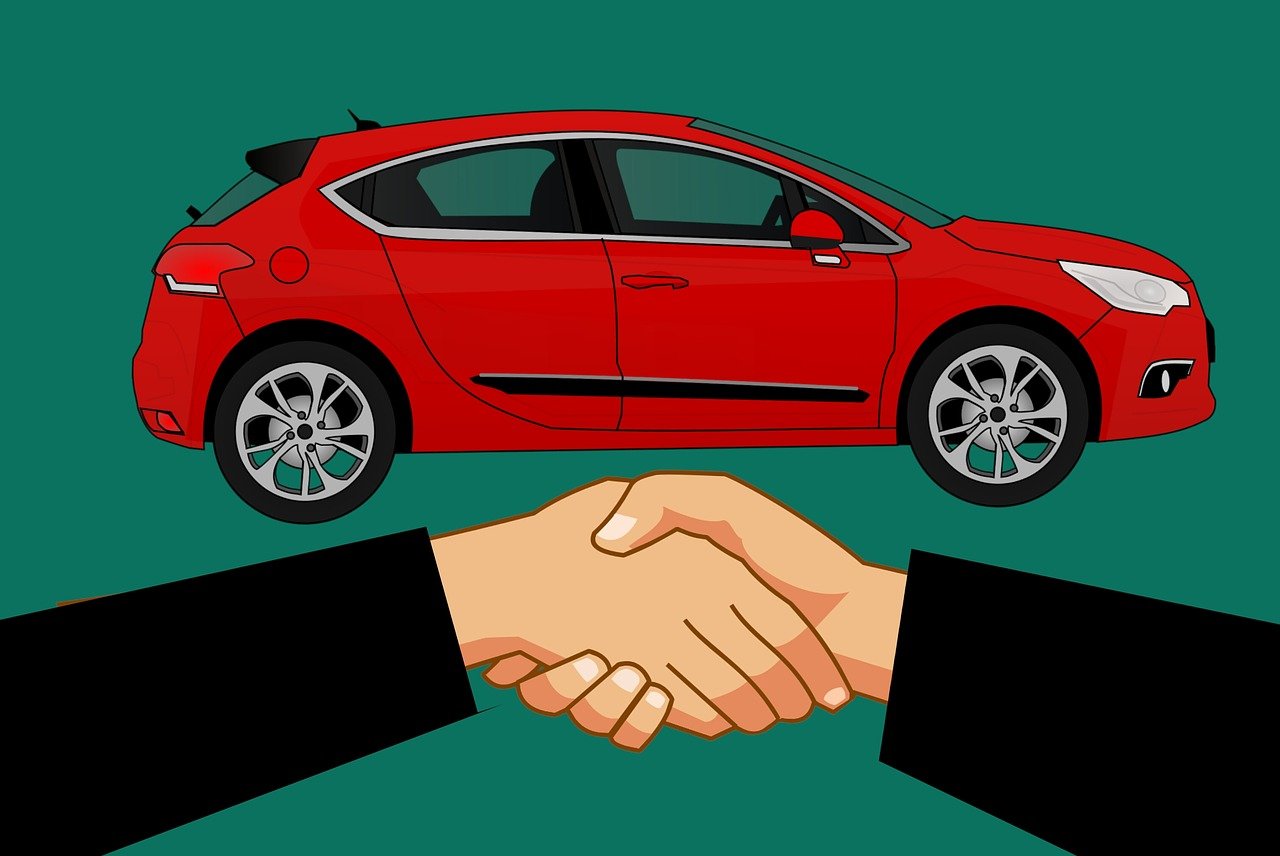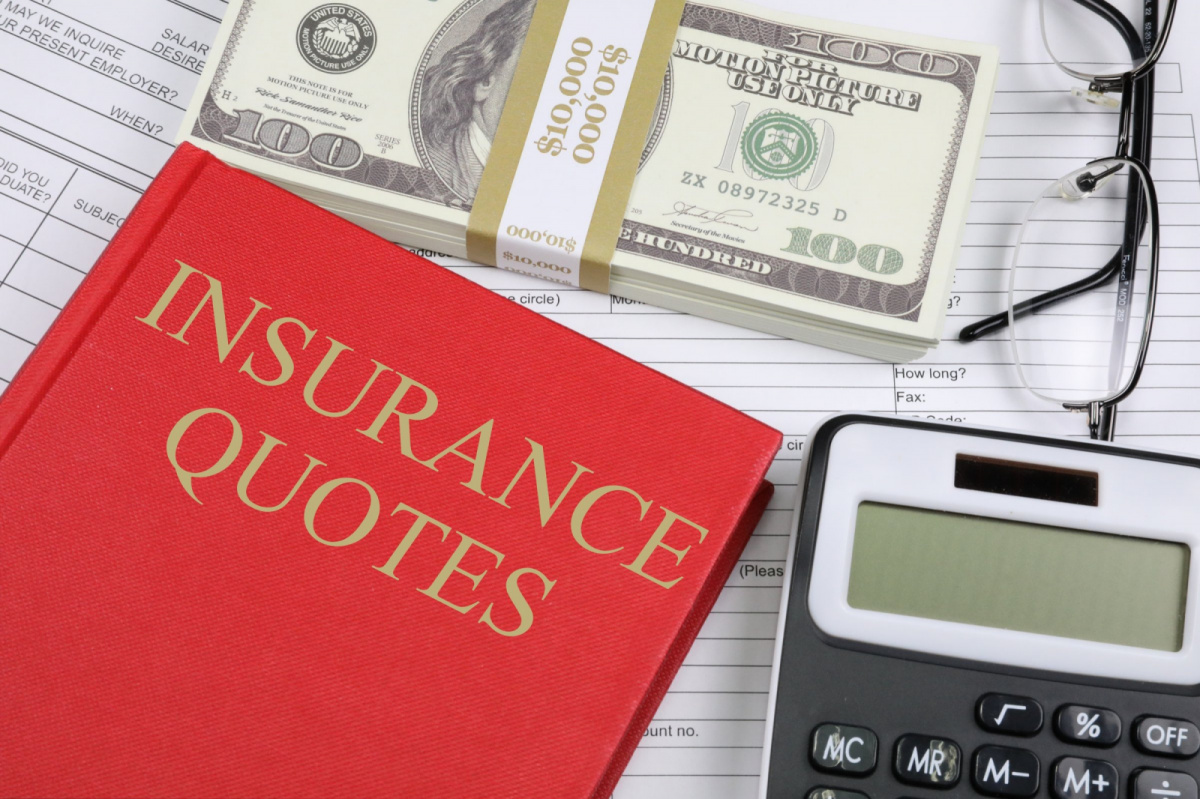Does Car Insurance Cover Accidents on Private Property? Yes, you can cover car insurance of the accidents on private property if you comply with the policy of the liability insurance. In the confusing world of car insurance coverage is more complex than the roads we drive on.
Accidents on private property add complexity to which each car owner, homeowner, or first-time driver should be aware. While road accidents on public roads are clear, those on private property have specific rules and ramifications regarding your insurance coverage.
In this thorough guide, we’ll break down the finer points of your automobile insurance policy by examining what’s covered and not in the event of an accident in the course of another’s property.
Understanding Private Property Accidents
Private property, often called non-public property, isn’t privately owned or maintained land. It includes malls, residences, parking lots, parks, and driveways.
Even with no public ownership, these locations have their fair share of collisions between vehicles. It’s crucial to differentiate the collisions on public roads since they usually have different legal and insurance implications.
The Role of Liability Insurance
Liability insurance is the foundation of your insurance policy for cars. If an accident damages someone else’s property, liability coverage usually will cover the repairs or medical expenses in the amount of the limits of your policy.
It’s important to know the specifics of your insurance because certain policies might not specifically state that they apply to private property-related accidents.
does car insurance cover accidents on private property
The general rule is that liability insurance will cover property damage on private land. However, there are a few crucial aspects to take into consideration:
- Your insurance company: Certain insurance companies might not cover private property-related accidents under their insurance policies. Always double-check with your insurance company to warrant that you have satisfying coverage.
- The kind of house: Liability insurance generally protects you from damage caused by your vehicle on another’s property, regardless of the kind. However, liability insurance might not be applicable if you are the cause of the accident to your property, for example, by driving into the garage’s doorway.
- Determining fault: In certain situations, the issue of fault might not be clearly defined in an incident involving private property. If both parties have a share of responsibility for the accident, your liability insurance could only be able to cover a small portion of the damages determined by the determination of fault.
Other Types of Coverage to Consider
Although Liability insurance can be the most common insurance for private property-related accidents, various other kinds could be in play in your particular situation.
- Collision insurance: This type of insurance covers damages to your vehicle regardless of who’s responsible. If you cause a collision on someone else’s property, Collision coverage could benefit pay for repairs to your car.
- Protect yourself from personal injury: If you or your guests suffer injuries from an accident on private property, Personal injury protection (PIP) could benefit from paying medical expenses and other associated costs.
- Uninsured/underinsured motorist coverage: In cases where the other party is at fault but doesn’t have insurance or sufficient coverage to pay for damages, uninsured/underinsured motorist coverage can cover your costs.
Comprehensive and Collision Coverage
Contrary to liability insurance, which protects the other parties, comprehensive and collision policies shield your car. If you crash into the ground or a stationary object, or your vehicle suffers injuries from a hit-and-run that occurs at a private location, those kinds of coverage could kick in.
Comprehensive coverage covers the damages unrelated to collisions, such as natural disasters, theft, and vandalism. In contrast, collision coverage covers damages resulting from collisions with other vehicles or objects.
Who Pays for What in Private Property Accidents
The liability of private property accidents is a grey area. For instance, determining the responsibility and fault isn’t easy if your child gets into a car accident in your neighbor’s backyard or if you crash into an unparked vehicle on your driveway. Here’s a rundown of typical situations:

- Single-car accident: Your insurance company pays for damages to your vehicle when you have comprehensive or collision insurance.
- An accident that is at fault for another vehicle: Your liability insurance covers the damages of the other driver and injuries.
- Hit-and-run or uninsured drivers: If the other party’s insurance doesn’t cover damages, your uninsured/underinsured motorist coverage may apply.
Special Cases
What happens if your property is part of the Homeowners Association (HOA), or is it a rental property? In these instances, your liability may extend beyond the insurance policy. For example, the association’s insurance could protect you if you fall on an obstruction or wall in an HOA-owned property. When you rent, the property’s management or owner company may be held accountable for damages, and their insurance could be involved.
Tips for Handling Private Property Accidents
- Gather information: Even on private property, sharing insurance information with the other party is essential.
- Inform Your Insurance Company: Don’t hesitate to notify your insurance company of the accident. A lot of policies require prompt notification to pay claims.
- Document the scene. Document the Scene: Take photos, obtain eyewitnesses, and record an incident report, if needed.
- Learn Your Policy: Go through your policy’s details to determine how claims for private property-related accidents are dealt with.
- Get Legal Advice: If you’re unsure about the liability of the claim you have an attorney will benefit determine your rights and obligations.
FAQs
Here are some of the frequently asked questions related to the article Does Car Insurance Cover Accidents on Private Property:
1. Does insurance cover accidents in my driveway?
If you’re covered by liability insurance, the policy won’t be able to cover repairs to your car. However, if PIP or MedPay covers you, personal injury coverage (PIP) and MedPay may be able to pay for medical bills resulting from the collision regardless of who is responsible.
2. What if the accident occurs at a family member’s home or a friend’s property?
Your insurance will still be in force, depending on the circumstances of the incident and your insurance coverage. It’s crucial to notify your relatives and loved ones of any damages and evaluate the possibilities to repair or claim them.
3. I drove my car into a building on commercial property. Whose insurance will cover the damage?
Regardless of why, whether it’s a restaurant or a bank, the owner’s insurance could cover structural damage in this scenario. Your insurance policy would cover your car’s damages.
4. Can home insurance cover a car accident in my garage?
In most cases, your car insurance covers accidents within your garage. Your home insurance might provide protection if your garage’s structure is damaged. Always check your specific policy details.
5. What’s the process for filing a claim for a private property accident?
The process of claiming for private property injuries is the same as for road accidents. It is necessary to contact your insurance provider, prepare details and documentation and follow their guidelines on the next steps.
Conclusion
Does Car Insurance Cover Accidents on Private Property? Private property accidents might seem far removed from the rush and bustle of traffic. However, they could have significant legal and financial implications.
When you know the intricacies of your insurance policy for cars and understand the nuances of your policy, you can warrant that you’re covered in the event of an accident, regardless of whether you’re pulling off your driveway or going to a friend’s home.
Be familiar with the terms of your policy, and be sure to be cautious when driving, regardless of the location. A deeper understanding of this field can result in more informed choices and greater security for the future travels you’ll make.
Call to Action
Have you re-read your car insurance policy lately? Make sure to read your policy’s fine print particularly in the event of private property damages involved. If you want to update an existing policy or purchase an entirely new one, do not hesitate to seek well-qualified assistance. Share this article with the people you know could lead to important conversations. While no one has a plan for accidents, ensuring you are prepared is the most effective driving method.



